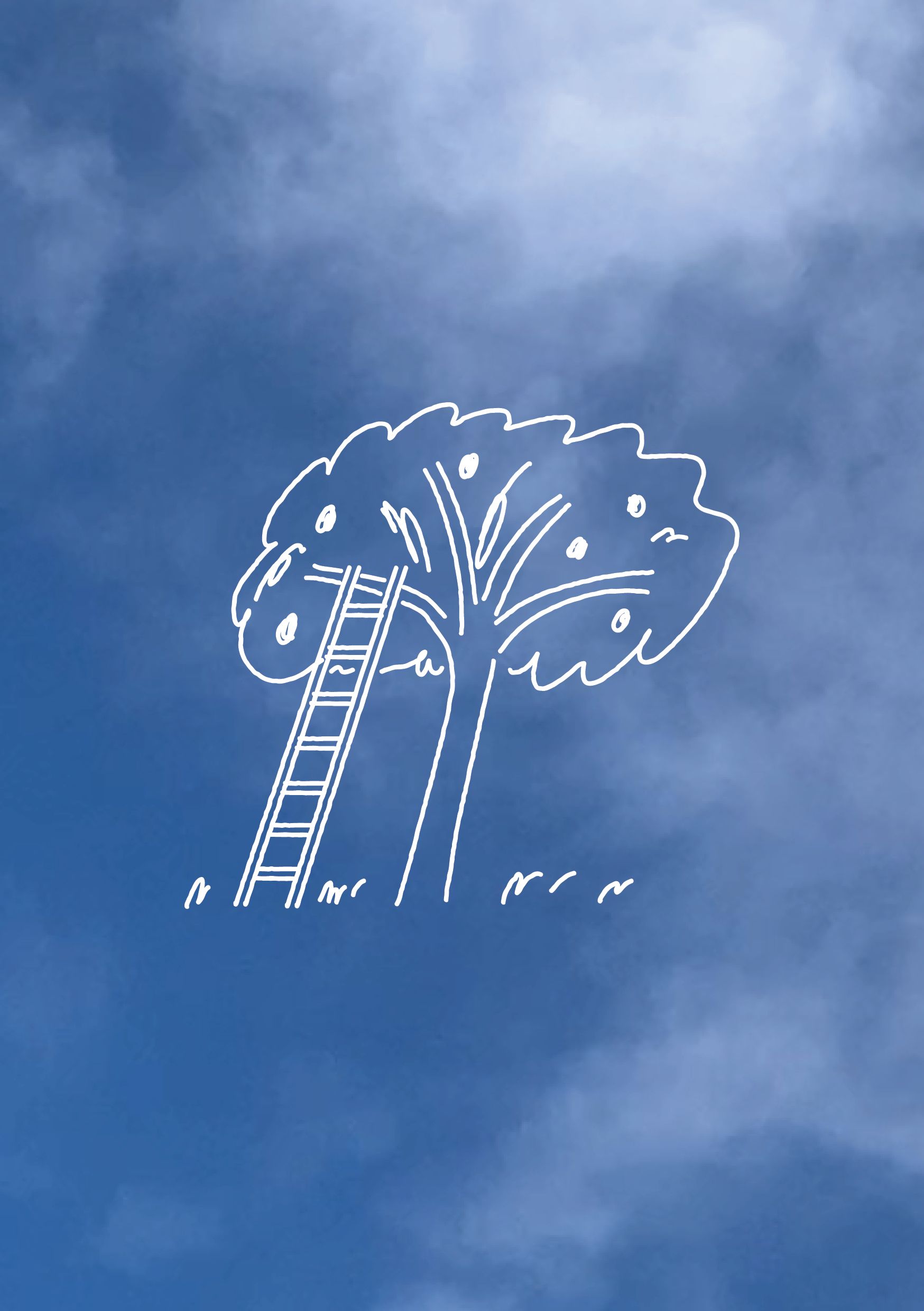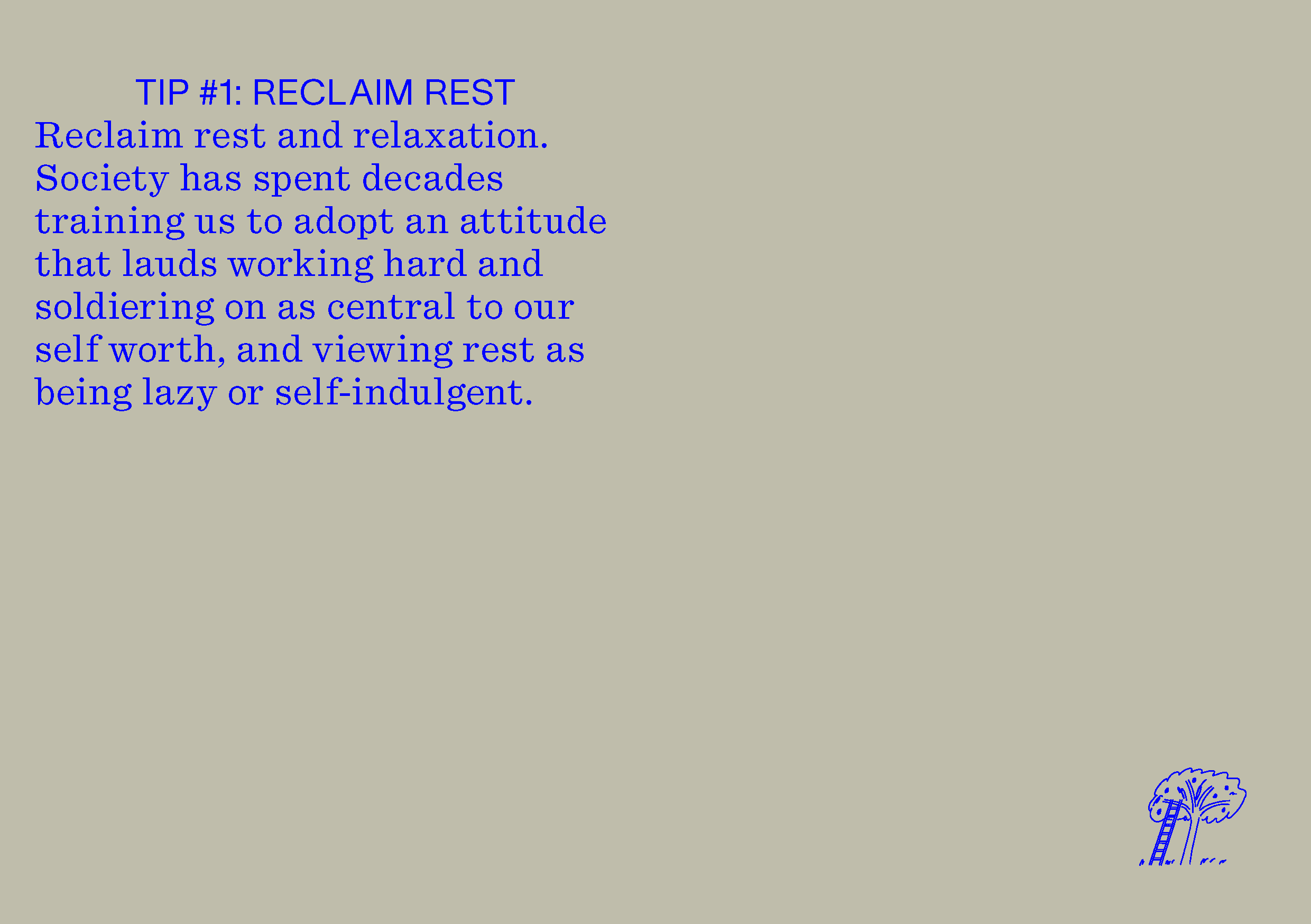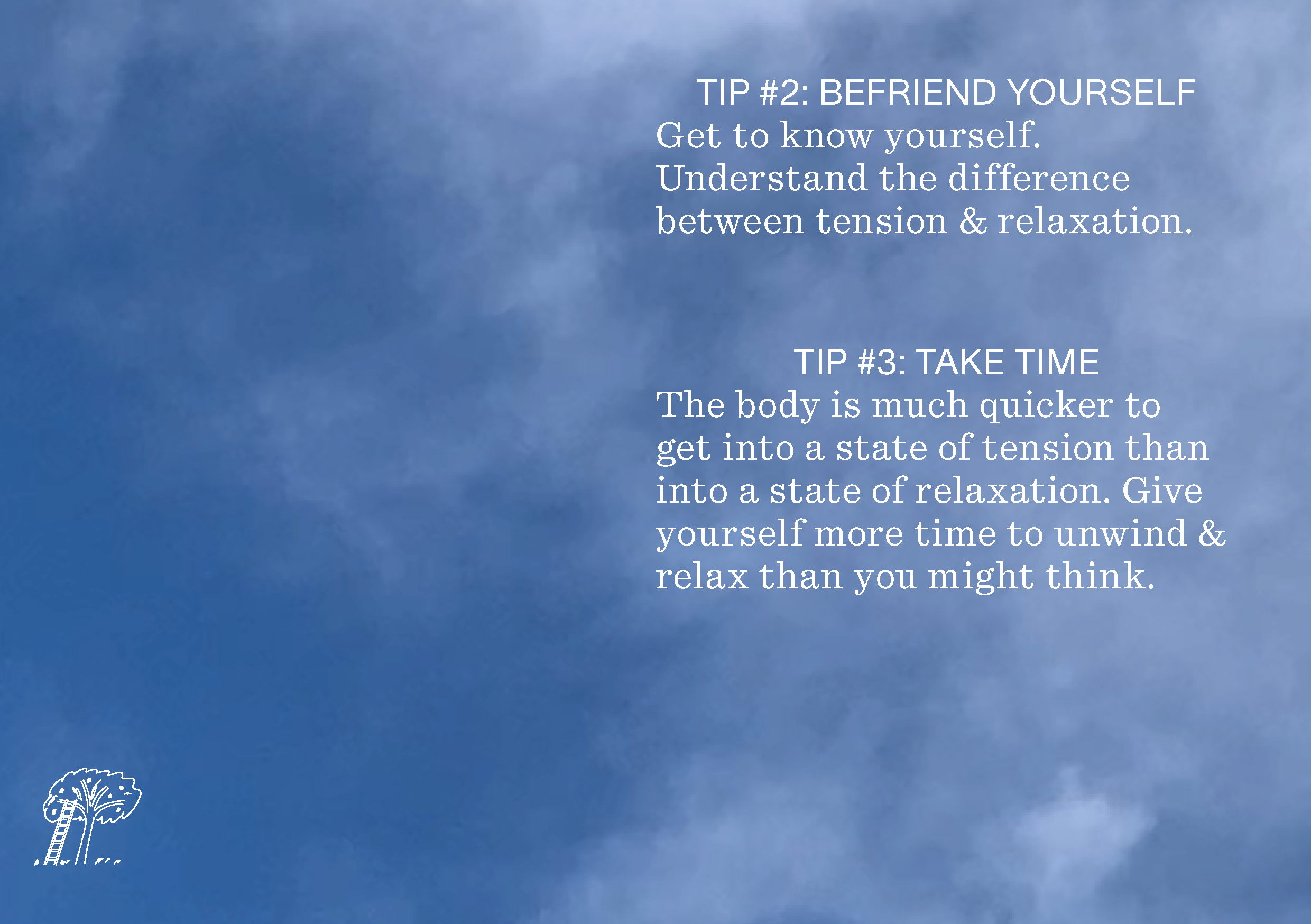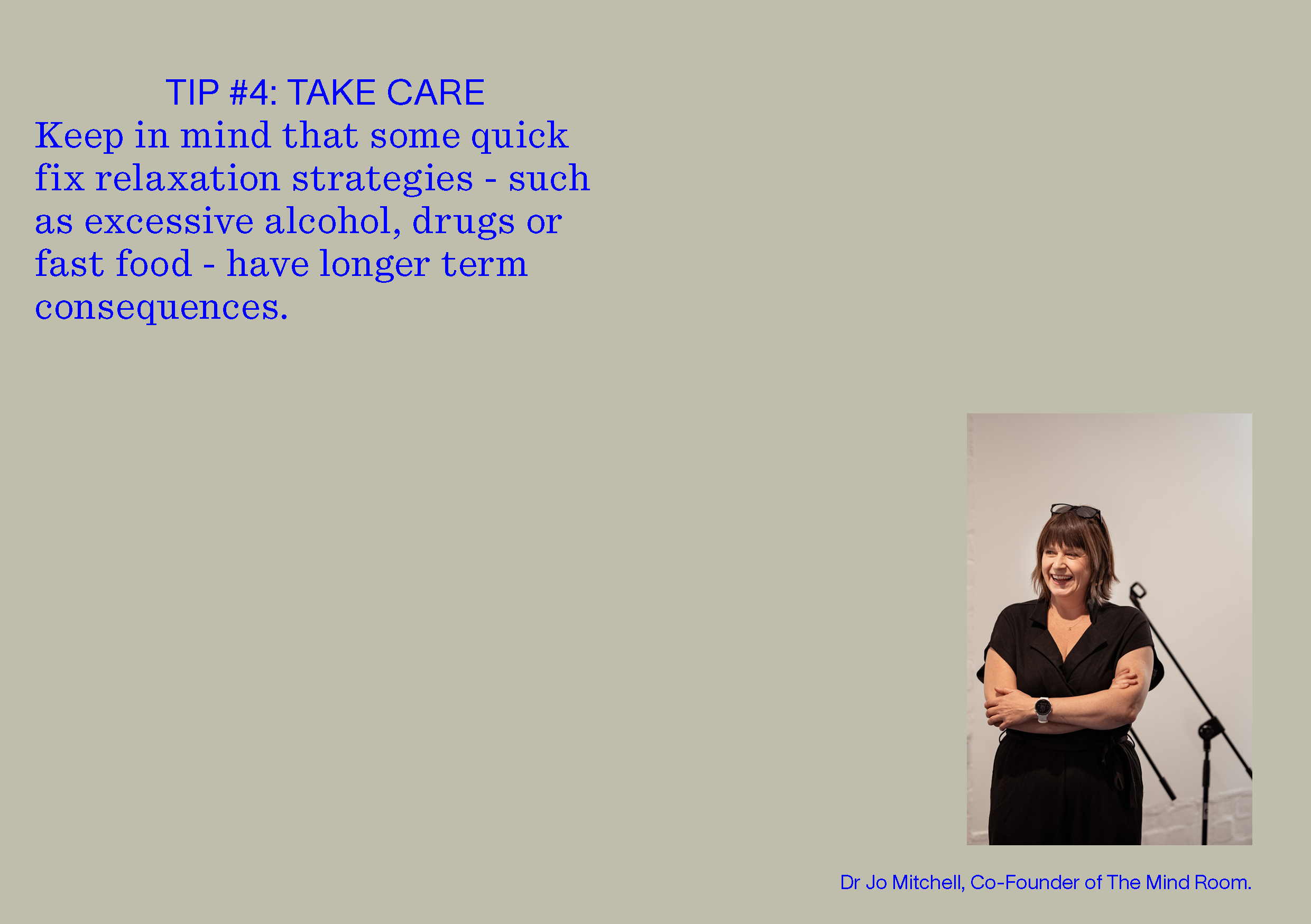Toolkit – HOW TO ACTUALLY FIND REST THIS SPRING
An interview with Dr Jo Mitchell, Director & Co-founder of The Mind Room

Reading a book in the local park? A promise to yourself to wake with the sun? A quiet night over a wild night out? For a lot of us, spring can usher in a revival of sorts. Gone are the cold, winter months of the past. This is the season of renewal and revitalisation. And with this newfound energy comes the perfect opportunity to lean into self-care rituals. But how do you know how to choose and prioritise the right ones? We asked Dr Jo Mitchell, Director and Co-founder of Melbourne-based psychological practice, The Mind Room.
What is the difference between rest and relaxation?
The word relaxation comes from the Latin word 'laxare' meaning to loosen. In psychological terms is about letting go of tension in the body or mind. Relaxation is most often a by-product of periods of rest and is essential for humans to function well and stay healthy. When we relax the body gets on with essential repair of the body, which allows us time to heal and replenish our energy, so we can can continue to actively pursue meaningful life goals.
Creating periods of rest allows us to relax. The primary form of rest we all need is sleep. There are plenty of additional forms that rest can take and understanding which ones work best for you is vital for your self care. Rest may come in different forms for mind and body, for example going for a run may be mentally relaxing during the run and physically relaxing post-run. Knowing how to rest best for you and having a variety of options is key. It may be meditation, being in nature, listening to music or being with friends.

What are the benefits of adequate rest on our well-being?
Rest is not optional. Without rest our body and minds can not function - it is that simple. Have you ever gone without sleep for a night? Eventually the body will shut you down. Sure it is possible to push through for phases but the short and long term consequences are not pretty. When we allow our body adequate rest we see positive impacts on our:
Immunity: Rest allows us to fight illness and injury, heal and repair body and mind
Energy and attention: Rest replenishes our energy and attention and improves our capacity to self-regulate our emotions and thinking, and pursue important life goals.
Growth and learning: Rest consolidates learning, creativity, problem solving and decision making.
What is sleep hygiene and why is it important?
Sleep hygiene is a term used to describe habits and practices that help create good quality sleep. When we are kids our primary caregivers do this for us - setting up routines that create quality sleep such as calming practices before bed such as quiet play, bathtime, bedtime stories, low light, calming music, and a teddy or two.
As adults we often forget that we also need to queue the body for relaxation and sleep. We keep ourselves awake with a range of stimulants from bright lights, screens, alcohol, sugary snacks, and then just expect our body to switch off when we are ready to go to bed. If you think of the relaxation and sleep process as less like a light switch you can flick on and off and more like landing a plane. You need to prepare the cabin for landing, lower the window shades, wheels down and gradually glide in for landing. For more on sleep hygiene and other sleep topics see Sleep Hub.

What are your tips for incorporating meaningful relaxation into your self-care?
Tip #1: Reclaim rest and relaxation. Society has spent decades training us to adopt an attitude that lauds working hard and soldiering on as central to our self-worth, viewing rest as being lazy or self-indulgent. The wellbeing science does not support this as true. While healthy striving is important for our wellbeing, so is intentionally making time for relaxation. It is time to reclaim our rest time and get intentional about how and when we relax.
Tip #2: Get to know yourself. Understand the difference between tension and relaxation and what it feels like in your body. Learn which activities create tension versus relaxation and identify activities that work best for you - so you have a variety you can draw on in any location or situation. For example, you may not have access to your bath, cat or garden when away from home.
Tip #3: The body is much quicker to get into a state of tension - just think of you react to an unexpected loud sound - than into a state of relaxation. You need to give yourself more time to unwind and relax than you might think. It is not a switch you can easily flick on or off, it is a plane you need to land.
Tip #4: Keep in mind that some quick fix relaxation strategies - such as excessive alcohol, drugs or fast food - have longer term consequences. Alcohol and drugs can give the illusion of relaxation but provide low quality rest for the brain and body. They can also raise levels of anxiety and arousal in the longer term.
And finally, what are some activities that are helpful in inducing a sense of relaxation?
Relaxation is personal. While your partner may find massage really relaxing, your may just find it irritating. So play around and work out what is best for you. Common relaxation strategies include slow, deep breathing practices, meditation, yoga, napping, being in nature, reading, hanging with people, dogs or cats, listening to music, laughter, knitting, drawing. Best of all, sleeping.

You can find more about Jo and her work at The Mind Room here.
- Next
- Previous
- Explore our World of Self Care